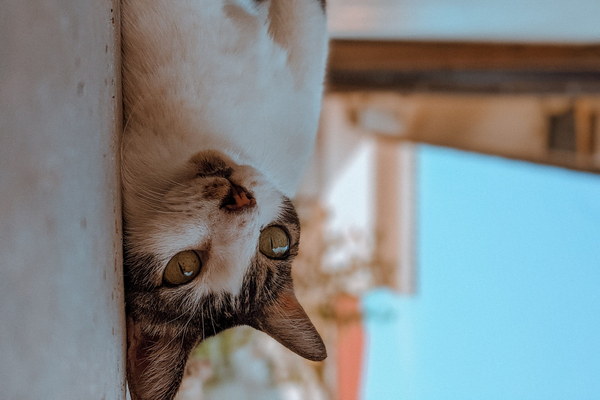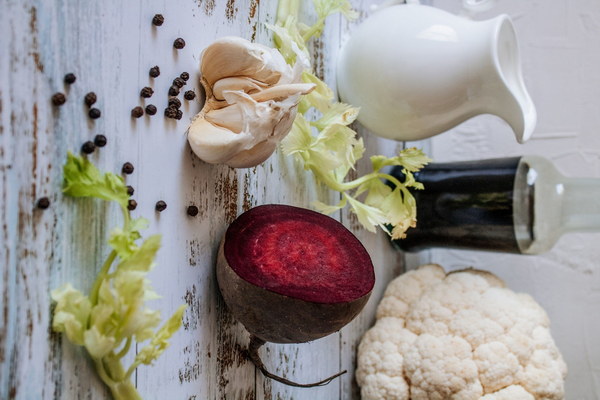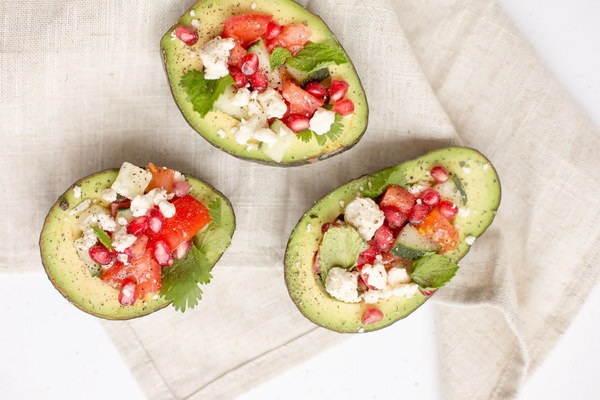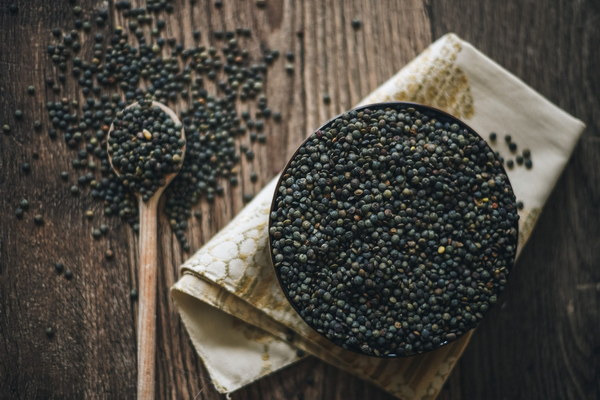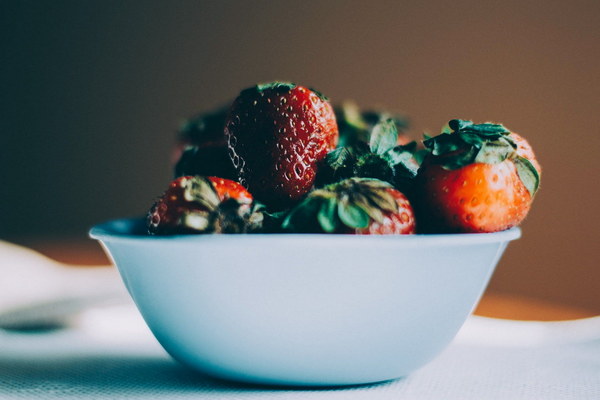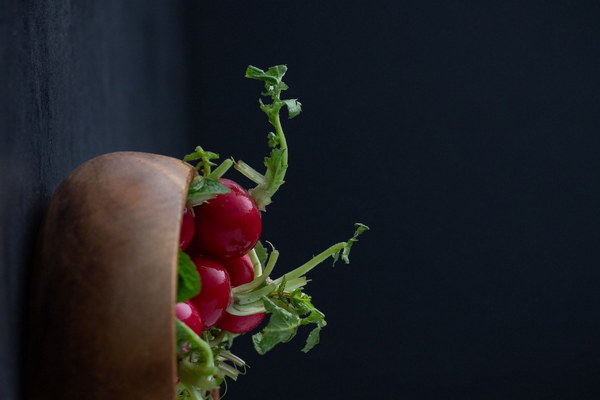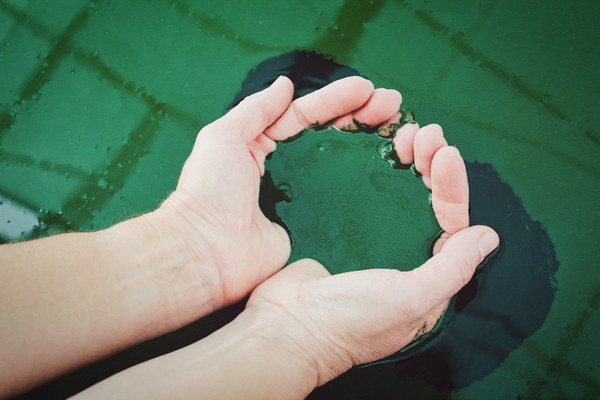Revitalize Your Night Owls A Traditional Chinese Medicine Guide to Banishing Yellowish Tones and Dampness
Are you a night owl struggling with yellowish skin tones and dampness due to your irregular sleep schedule? Worry no more! Traditional Chinese Medicine (TCM) offers a natural solution to combat these issues. In this article, we will explore the benefits of TCM herbs that can help you achieve a healthier, more radiant complexion, while also addressing the root cause of dampness in your body.
1. Astragalus (Huang Qi)
Astragalus, also known as Huang Qi in Chinese, is a powerful herb that boosts the immune system and promotes overall well-being. It helps to expel dampness from the body, thereby reducing yellowish skin tones. This herb can be taken in the form of tea, capsules, or added to soups.
2. Poria (Fu Ling)
Poria, or Fu Ling in Chinese, is a versatile herb that is often used to treat dampness and edema. It has diuretic properties that help to eliminate excess moisture from the body, leading to a healthier and more radiant complexion. Poria can be consumed as a tea or added to various dishes.
3. Alisma (Ze Xie)
Alisma, also known as Ze Xie in Chinese, is a herb that is highly effective in removing dampness and yellowish tones. It can be taken as a tea or in the form of capsules. Alisma helps to improve digestion, thereby reducing dampness caused by poor dietary habits.
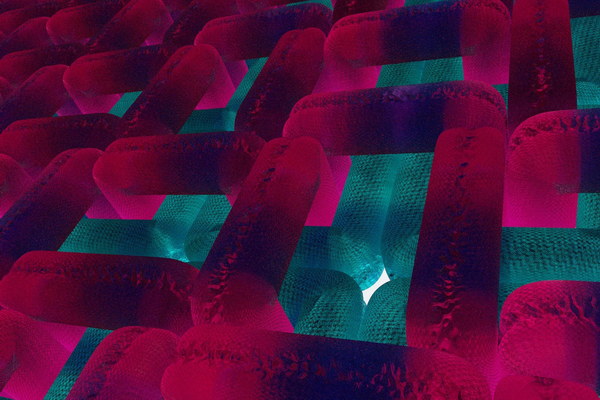
4. White Atractylodes (Bai Zhu)
White Atractylodes, or Bai Zhu in Chinese, is another herb that is commonly used to treat dampness and yellowish skin tones. This herb helps to strengthen the spleen, which plays a crucial role in regulating moisture levels in the body. You can consume Bai Zhu as a tea or in the form of capsules.
5. Codonopsis (Dang Shen)
Codonopsis, or Dang Shen in Chinese, is a renowned herb for its ability to boost energy and improve overall health. It helps to strengthen the immune system and reduce dampness in the body. Dang Shen can be taken as a tea or in the form of capsules.
6. Cinnamon (Rou Gui)
Cinnamon, or Rou Gui in Chinese, is a warming herb that helps to expel cold and dampness from the body. It can be used to treat cold limbs, fatigue, and yellowish skin tones. Cinnamon can be added to tea or used as a spice in various dishes.
7. Licorice (Gan Cao)
Licorice, or Gan Cao in Chinese, is a versatile herb that can be used in combination with other TCM herbs to enhance their effects. It helps to balance the body's Yin and Yang energies, thereby addressing dampness and yellowish skin tones. Licorice can be consumed as a tea or in the form of capsules.
To effectively utilize these TCM herbs, it is important to consult with a qualified TCM practitioner who can tailor the treatment to your specific needs. They will create a personalized herbal formula that addresses your unique constitution and the root cause of your yellowish skin tones and dampness.
In addition to using TCM herbs, it is crucial to maintain a healthy lifestyle. Ensure you get enough sleep, eat a balanced diet, and engage in regular exercise to support your body's natural healing processes.
In conclusion, TCM offers a natural and effective solution to address the challenges faced by night owls, such as yellowish skin tones and dampness. By incorporating these traditional Chinese herbs into your daily routine and adopting a healthy lifestyle, you can achieve a healthier, more radiant complexion and improve your overall well-being.

